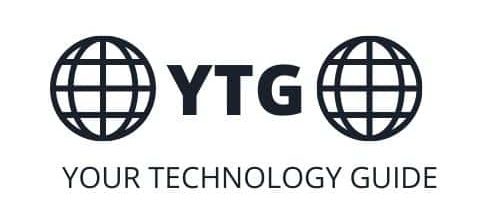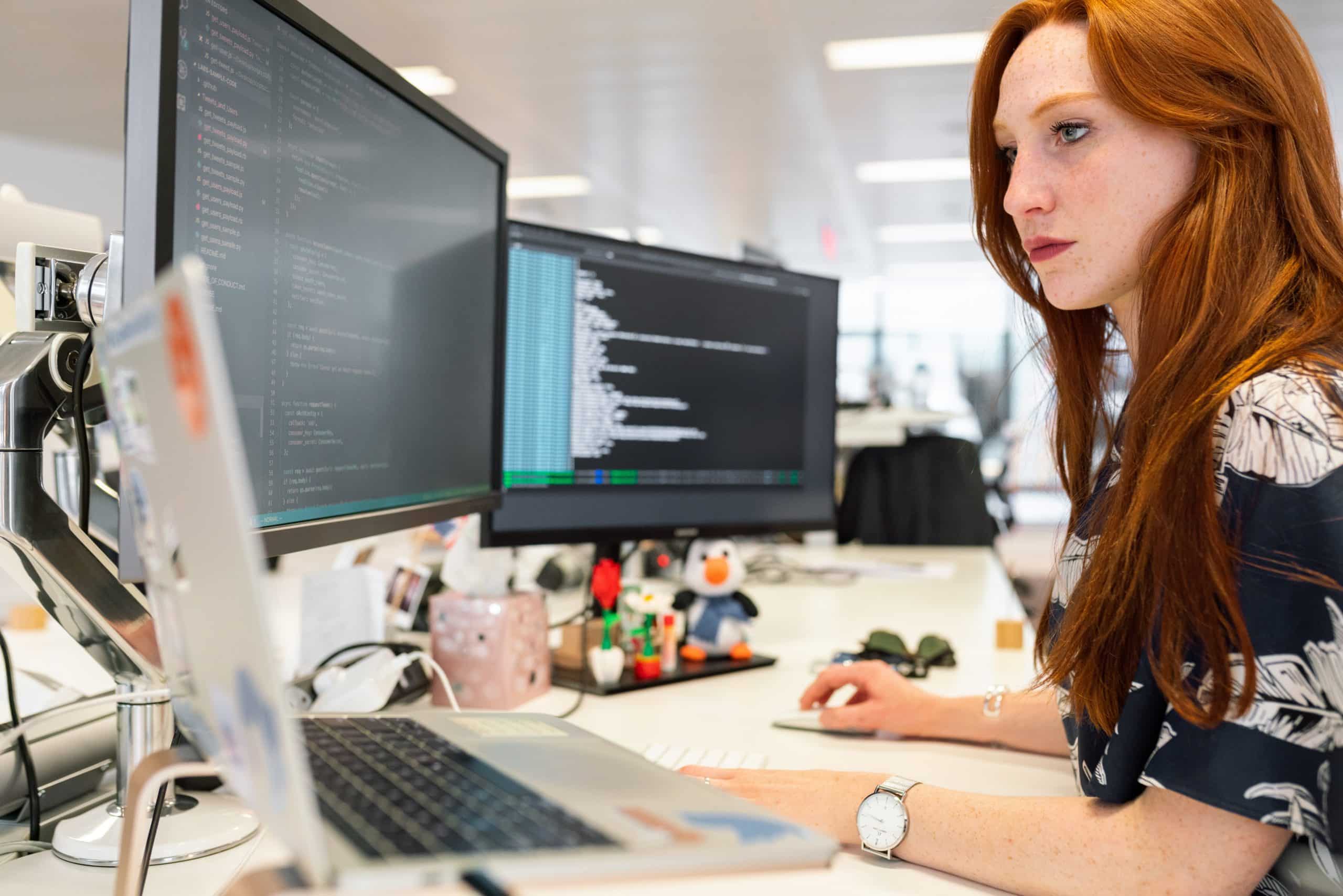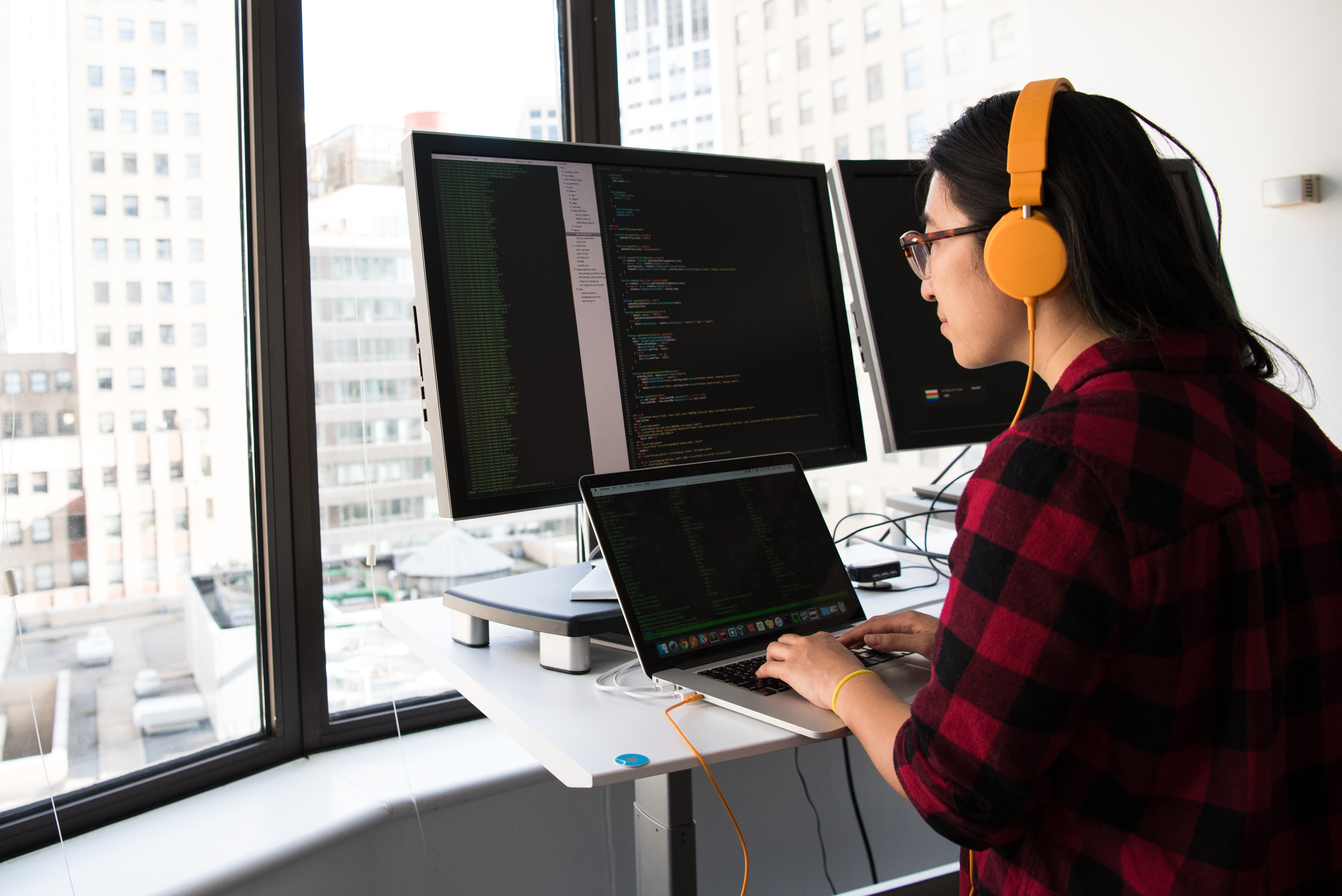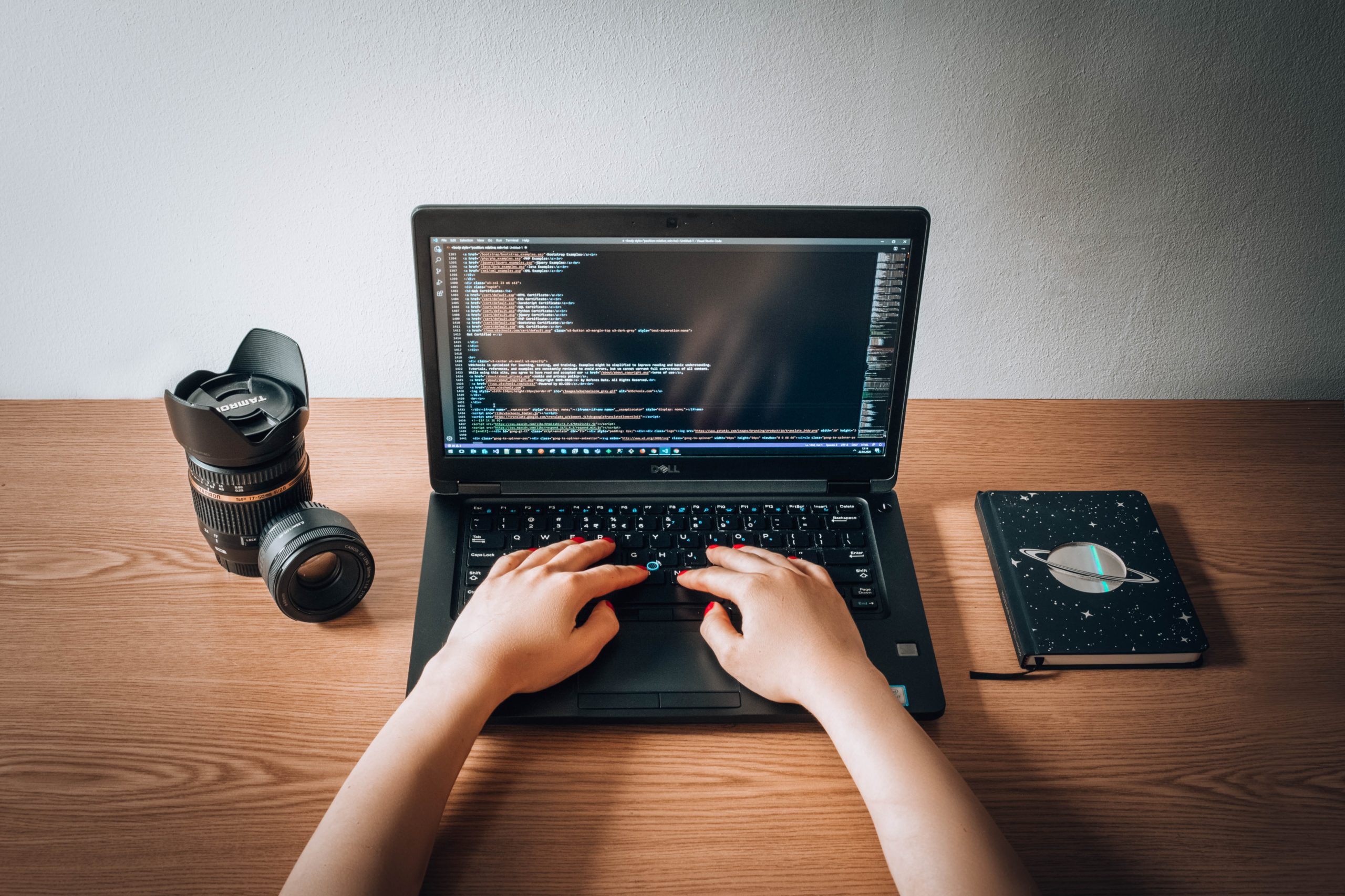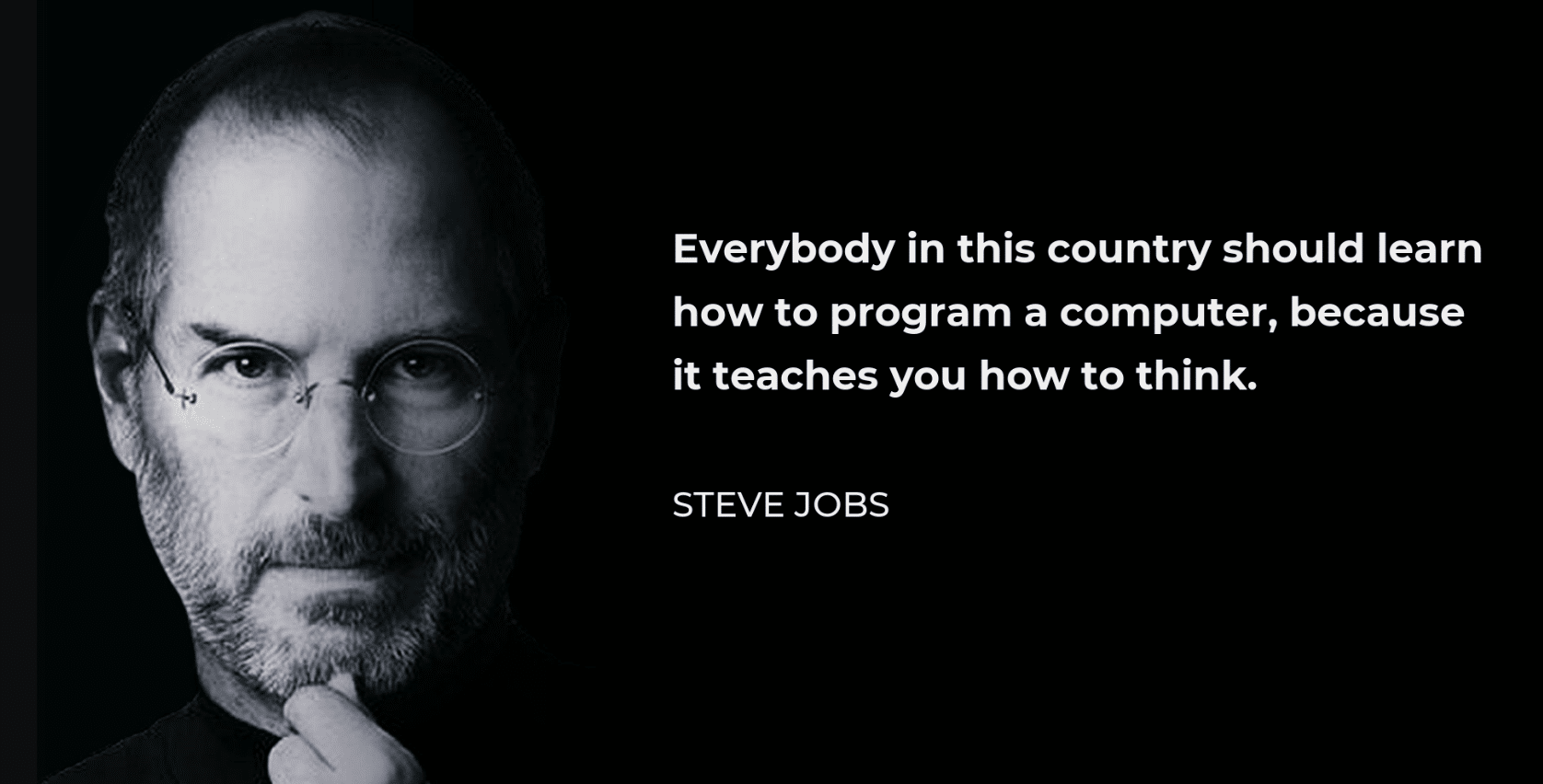Why You Shouldn’t Memorize Syntax In Programming – An Honest Advice
Have you ever felt like you were learning a new language? The syntax in programming, those complicated combinations of symbols and words can sometimes feel like a confusing thing. But here’s a question for you: Do you really need to memorize syntax in programming?
This blog will provide you with an honest advice on why memorizing syntax might not be the best use of your time and mental energy.
So, if you’ve ever struggled with the pressure of memorizing every semicolon, bracket, and keyword, Let’s understand the logic behind it.
Table of Contents
Why Every Programming Language has different Syntax?
The syntax is like the grammar of a programming language. Every programming language has a different syntax.
Programming languages have different syntaxes because they are like different languages that computers understand.
It is just like how humans from different places speak different languages with their own rules and words, computers need their own set of rules to understand what we want them to do.
Since people have different needs, they design programming languages to be more suitable for certain tasks. Some languages are good for building websites, while others are better for doing complex calculations or creating games.

Here is Why You Shouldn’t Memorize Syntax in Programming
1. Lack of Creativity
To memorize syntax in programming without truly understanding its core concepts can result in a bad understanding of programming.
When a person have to solve real-world problems in programming, he will eventually fail to do this. This can make it difficult to solve real-world problems effectively and think creatively.
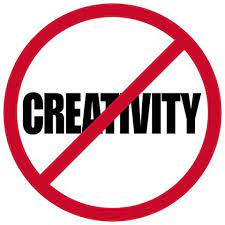
2. Limited Adaptability
If you only memorize how to write code without really knowing why and how it works, you’ll face difficulty when you try to use other programming languages or tools.
It’s like learning one song on the piano without understanding how to play other songs. When you need to switch to a new language or tool, you’ll find it difficult because you don’t know the basic rules that make them work.
So, It’s important to understand the “why” behind the code, not just the “how.”

3. Debugging Challenges
Programming is the art of finding solutions to problems. If you only remember the syntax without knowing why they work, you won’t be able to come up with new ways to solve different problems.
It’s like always using the same solution, even when the puzzle changes. To be a good programmer, you need to be creative and think of new ways to solve problems.

4. Inefficient Problem-Solving
Imagine you are building something using different tools. If you know how each tool works, you can choose the best tool for what you’re making.
But if you don’t really understand the tools, you might use the wrong one and it won’t work well.
In programming, it’s the same. If you don’t understand how things work, you might write the wrong code for a task, and it can take longer and not work as expected. So, Deep understanding of the concepts helps you make better choices.
5. Misuse of Syntax
In programming, if you don’t know why a certain code rule is there, you might use it in the wrong place or in a way that doesn’t work well.
This can make your program not work as smoothly as it could. Understanding why the rules are there helps you write better code.
6. Constantly Changing Syntax
The programming languages are dynamic. The syntax and frameworks are evolving rapidly.
So instead of memorizing the syntax of programming languages, it is far better to learn how to solve real life problems.
Fastest Way to Learn Programming Languages
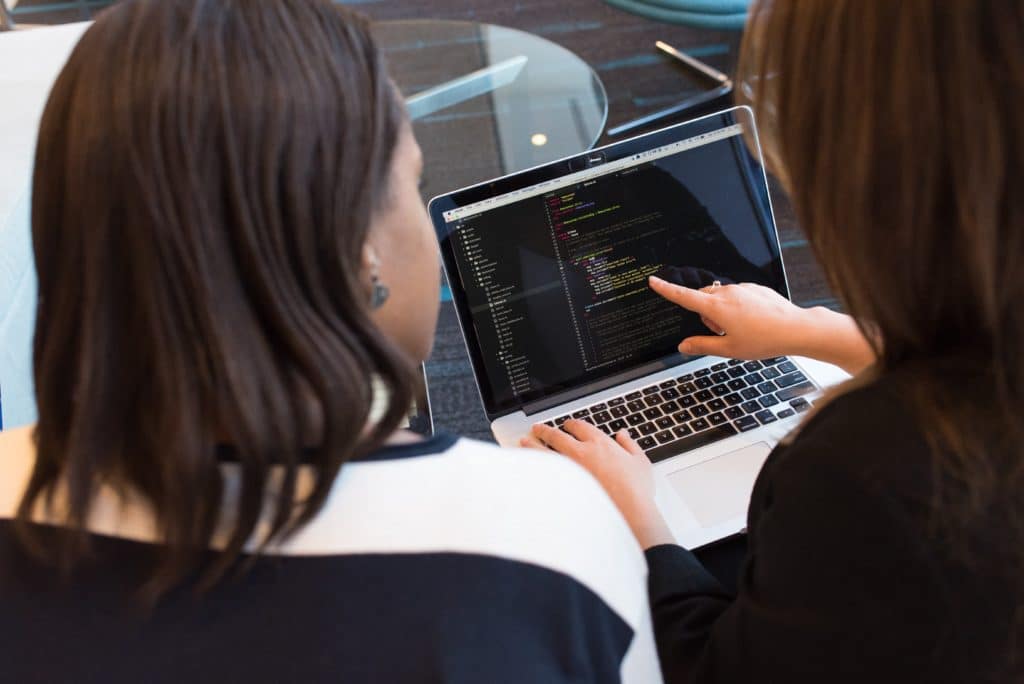
Here are five effective and fastest way to learn programming languages:
1. Focused Learning
Concentrate on one programming language at a time. Trying to learn multiple languages at a time can confuse you. Start with a programming language that matches your goal and interest.
2. Hands-On Practice
The best way to learn the programming language is by doing practice. Start coding and programming from day one.
Create simple projects, understand the code and built small applications to test your programming skills.
3. Interactive Learning
Use websites and apps that help you learn coding and programming by doing. These places give you quick help and tips, which can make you learn faster.
4. Read and Analyze Code
Look at code written by people who are really good at programming. This helps you to understand different coding styles and techniques.
5. Consistent Practice
Consistency is the key to success. Pick a specific time every day to practice coding. It will help you remember things better.
Relevant Post
The Art of Learning
Learning is like learning how to paint. Learning programming is like having a special place to make things using code. You learn one thing at a time, similar to how a painter slowly makes a picture.
Imagine you have a palette of colors. In learning, your patience is like the palette. Each thing you understand is like adding a color. With time, you can create more complex things, just like a painter adds layers to a picture.

Mistakes are okay in both learning and art. Painters fix mistakes to make their pictures better. In coding and programming, when code doesn’t work, you can fix it to make your program better.
Everyone has their own style in art, and in programming, you’ll have your own style too. It’s like showing who you are through your work.
As artists get better, you’ll get better at coding with practice. Your code will become clearer and smarter, like a beautiful song.
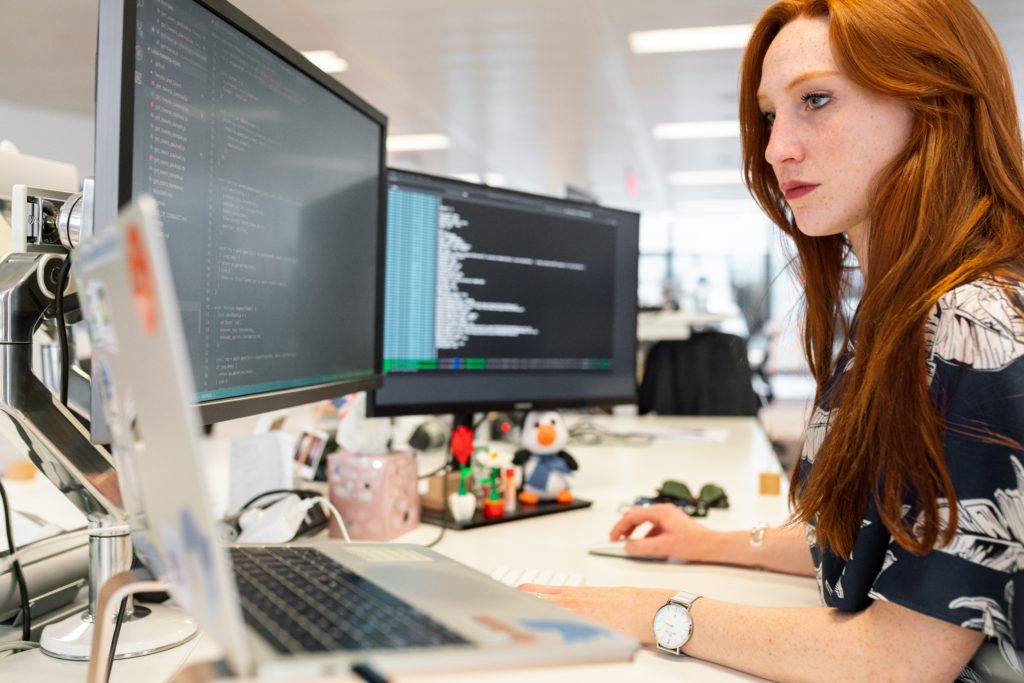
Think of learning programming as creating your own special thing. It’s like making a picture that tells a story of how you solve problems. Just like art, your coding journey can become amazing and creative.
Read more about why coding is valuable in the blog: Why Everyone Should Do Coding.
List of Programming Languages With Ease of Syntax
| Programming Language | Ease of Syntax |
|---|---|
| Python | Very Easy |
| JavaScript | Easy |
| Ruby | Easy |
| Swift | Moderate |
| Java | Moderate |
| C# | Moderate |
| PHP | Moderate |
| C++ | Somewhat Hard |
| Rust | Somewhat Hard |
| Assembly | Hard |
Do Pro Software Developers Memorize Syntax In Programming?
Pro software builders do not just take into account code like a list. They understand why it works.
They apprehend the standards and logic behind the code. They realize a way to use resources to discover the right syntax while wished.
It’s like understanding the guidelines of a sport however also being clearly true at playing it creatively. So, whilst they realize plenty, they awareness extra on understanding and hassle-solving than natural memorization.
Frequently Asked Questions (FAQs)
1. Do I really need to memorize programming syntax?
No, it’s not crucial. Understanding the concepts and logic behind the code is more important than memorizing every symbol.
2. Why do programming languages have different syntaxes?
Programming languages vary in syntax because they’re designed for different tasks, just like human languages have diverse rules based on their origin and purpose.
3. How does memorizing syntax impact creativity in programming?
Merely memorizing syntax can hinder creative problem-solving because you might struggle to adapt to new challenges without a deep understanding of concepts.
4. Will memorizing syntax limit my ability to work with different languages?
Yes, focusing solely on memorization can hinder your adaptability when working with new programming languages or tools.
5. How does understanding syntax help with debugging?
Understanding syntax lets you come up with innovative solutions for different problems, much like solving puzzles in various ways.
6. Can I efficiently solve problems if I don’t understand the programming concepts deeply?
Deep understanding of concepts helps you solve problems more efficiently, as it enables you to choose the best tools for each task.
7. What’s the downside of misusing syntax in programming?
Misusing syntax can lead to inefficient or malfunctioning code. Knowing why a rule exists helps you use it correctly.
8. Is programming language syntax constantly changing?
Yes, programming languages and frameworks evolve rapidly, making it more valuable to focus on problem-solving skills.
9. How can I effectively learn programming languages?
Focus on one language at a time, practice coding, use interactive resources, analyze others’ code, and maintain consistent practice.
10. Do professional software developers memorize syntax?
Professional developers understand the underlying principles and logic behind the code. They rely on resources to find syntax when needed.
